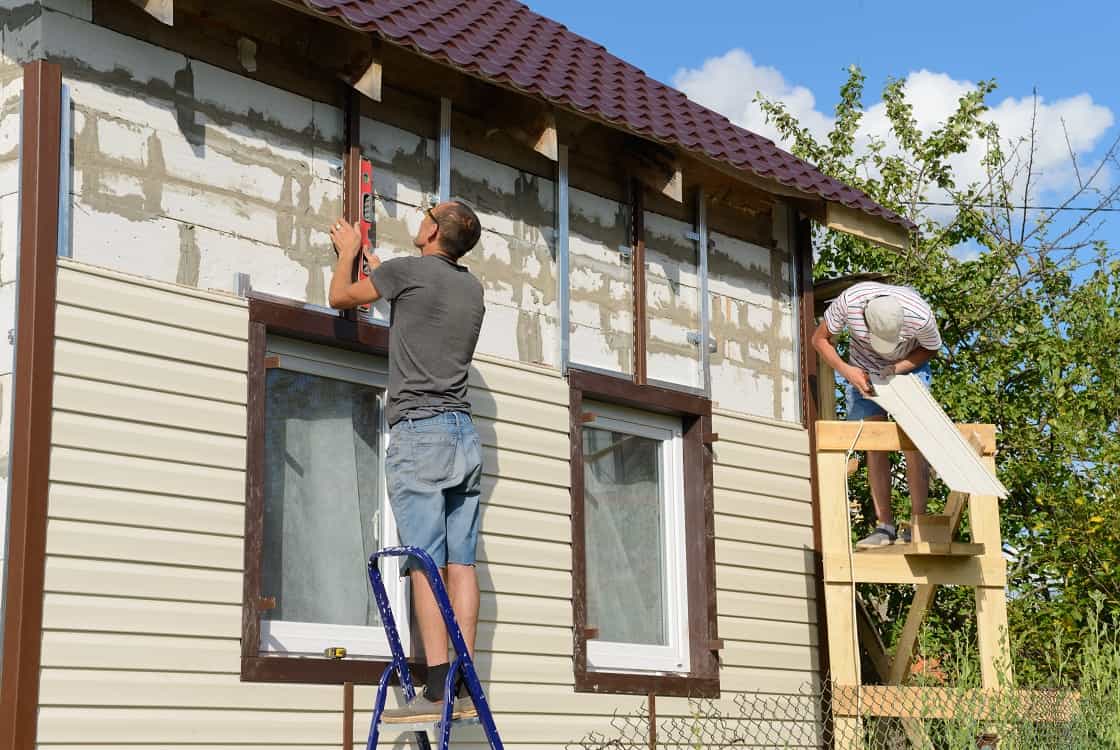Do You Qualify for Binghamton Housing Repair Grants?
Do You Qualify for Binghamton Housing Repair Grants? if you’re a homeowner in Binghamton, New York, the prospect of repairing your home can sometimes feel overwhelming. Repairs can be costly, and not every budget has the flexibility to accommodate urgent maintenance or upgrades. Fortunately, Binghamton housing grant eligibility offers a beacon of hope for many residents. These grants provide essential financial assistance to those who qualify, making home repairs more accessible and affordable.
In this comprehensive guide, you will uncover everything you need to know about qualifying for these grants. From understanding the key eligibility requirements to learning about the application process, this article will equip you with knowledge to navigate the often complex world of housing repair assistance in Binghamton.

What Are Binghamton Housing Repair Grants?
Simply put, housing repair grants in Binghamton are financial awards provided to homeowners to help cover the cost of necessary home repairs. These grants often focus on low- to moderate-income households or vulnerable populations such as seniors or people with disabilities. Unlike loans, grants do not need to be repaid, making them a valuable resource for maintaining safe and habitable living conditions without accumulating debt.
The types of repairs covered typically include critical maintenance such as fixing roofs, electrical systems, plumbing, heating and cooling systems, and addressing safety hazards like mold or lead paint. The goal is to preserve housing quality and enhance community stability.
Understanding Binghamton Housing Grant Eligibility
To determine if you qualify, it’s essential to grasp the factors that define Binghamton housing grant eligibility. Eligibility criteria vary slightly depending on the specific grant program, but most share common requirements.
Income Thresholds
Income is one of the most significant factors. Generally, these grants are aimed at low- to moderate-income homeowners. Programs often use federal guidelines to define income limits relative to the Area Median Income (AMI). For example, if your household income falls below 80% of Binghamton’s AMI, you may be eligible. Some grants target even lower income brackets, such as those under 50% or 60% of the AMI, focusing assistance on the most financially vulnerable.
Homeowner Status
Typically, applicants must own the home they seek to repair. This is to ensure that the funds are used to improve owner-occupied housing, promoting stability within the community. Some programs exclude landlords or those renting out their property, while others might have separate provisions for rental properties, especially if they serve low-income tenants.
Property Location
Most housing repair grants are geographically targeted. To qualify for Binghamton programs, your property must lie within the city limits or the designated service area. Some programs extend assistance to Broome County residents more broadly, but always check the specific boundaries before applying.
Type and Condition of Property
Grants focus on residential properties, which can include single-family homes, duplexes, or sometimes small multi-unit buildings. The home often must be a primary residence and not a vacation or investment property.
Furthermore, the condition of the home is crucial. Repair grants typically cover homes with health or safety hazards, structural issues, or systems in urgent need of repair. Cosmetic improvements are rarely funded unless they tie directly into necessary safety upgrades.
Other Factors
Certain grants prioritize applicants based on age, disability, or family composition. Seniors, veterans, people with disabilities, or families with children might receive priority or additional assistance.
Common Types of Repairs Covered by Grants
Understanding what repairs are typically covered can help you assess if your needs align with available programs. Commonly funded repairs include:
- Roof replacement or repair
- Plumbing and electrical system upgrades
- Heating, ventilation, and air conditioning (HVAC) repairs
- Lead paint and asbestos removal
- Accessibility modifications such as ramps or widened doorways
- Mold remediation and water damage repair
- Structural foundation work
- Window and door replacements for energy efficiency
Each program may have a specific list of eligible repairs, so be sure to check the guidelines carefully.
How to Apply for Binghamton Housing Repair Grants
The application process usually involves several steps. Here’s a general overview:
Step 1: Research Available Programs
Start by identifying which housing repair grants are currently offered in Binghamton. Resources include the city’s housing department, community action agencies, local nonprofits, and state housing authorities.
Step 2: Confirm Eligibility
Use the program’s income charts and eligibility checklists to see if you meet the basic criteria. Gathering documentation such as pay stubs, tax returns, and proof of homeownership will make this easier.
Step 3: Prepare Required Documentation
Prepare all necessary paperwork, which might include:
- Proof of income (recent pay stubs, tax returns)
- Proof of homeownership (deed, mortgage statement)
- Identification documents
- Property tax bills
- Repair estimates or inspection reports
Having everything ready expedites the process.
Step 4: Submit the Application
Applications can usually be submitted online, by mail, or in person at designated offices. Be thorough and accurate in your responses to avoid delays.
Step 5: Await Review and Inspection
After submission, program staff will review your application. They may schedule a home inspection to assess repair needs and verify eligibility.
Step 6: Approval and Grant Disbursement
If approved, you will receive notification outlining the grant amount and terms. Funds are often paid directly to contractors or vendors after work is completed.
Tips for a Successful Application
- Start early and meet all deadlines.
- Be honest and complete in your application.
- Seek assistance from housing counselors or nonprofits.
- Provide detailed repair estimates from licensed contractors.
- Follow up regularly on application status.
Common Challenges and How to Overcome Them
Applying for grants can sometimes be complicated by paperwork, eligibility nuances, or limited funding. Here are tips to navigate common obstacles:
- Documentation Issues: Keep your documents organized and request help if you need clarification.
- Income Verification: Use consistent and current income documentation.
- Property Eligibility: Verify your home’s location and condition with the program office.
- Funding Limitations: If denied, inquire about waiting lists or alternative programs.
Why Taking Advantage of Binghamton Housing Grants Makes Sense
Aside from easing the financial burden of repairs, these grants help preserve Binghamton’s housing stock and promote safer, healthier homes. Improved housing contributes to neighborhood stability and enhances property values.
For homeowners who qualify, grants are an invaluable resource. They enable essential upgrades that might otherwise be postponed, reducing long-term costs and safeguarding families’ well-being.
Resources for More Information
To explore available Binghamton housing grant eligibility programs, consider these key resources:
- Binghamton Office of Community Development
- Broome County Office for Aging
- New York State Homes and Community Renewal
- Local housing nonprofits like Habitat for Humanity
- Community action agencies
Navigating Binghamton housing grant eligibility can seem daunting, but understanding the basics is the first step toward securing vital repair funds. If you’re a homeowner in need, don’t hesitate to research and apply for these grants. The opportunity to restore your home, improve safety, and increase comfort might be closer than you think.
Explore your options today, gather your documents, and take the leap toward a healthier home environment. The future of your home and family well-being depend on it!




